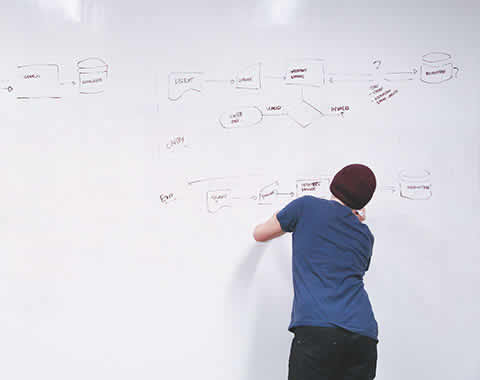Welcome
We are committed towards achieving high levels of customer satisfaction by ensuring quality and cost effective solutions for our customers INDIA. We provide professional website design, development and software application programming services and solutions. It is our constant endeavor to achieve this for our clients with technically superior solutions that meet their business requirements. One of our key objectives while building our Website development and ecommerce programming business solutions is client satisfaction for our customers
Our Work
We provide the following website design, web application software development and related services/ solutions for our clients
- Online Strategy and Consultancy
- Web Page Design and Hosting
- Flash and Interactive Web Media
- Advanced Web Application Programming
- PHP and MySQL Web Development and Programming
- ASP and ASP.NET Software Development
- AJAX Applications Programming
- XML Application Development
- Rich Internet Applications
- Desktop to Web Migration
- Legacy Software and Database Migration
- Database Development and Integration
- Extranet Systems Development
- Search Engine Optimization and Positioning
- Search Engine Marketing
- Upgradation and Integration
- Third Party Software Integration and Customization
- Maintenance and Support

Please Contact










